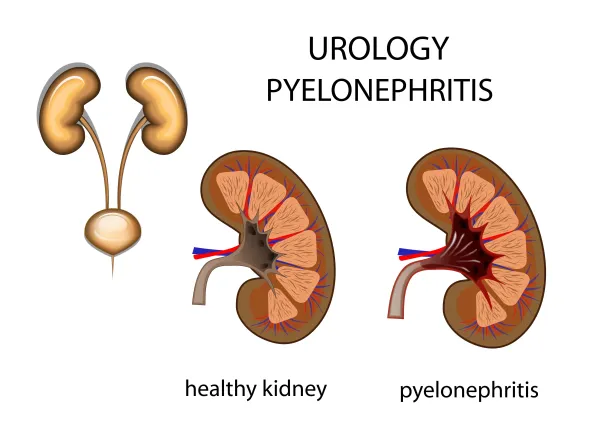Primary Care Coding Alert
Coding Quiz Answers:
Check Your Answers to Our Bronchitis Coding Quiz
Published on Mon Jan 20, 2020

You’ve reached your limit of free articles. Already a subscriber? Log in.
Not a subscriber? Subscribe today to continue reading this article. Plus, you’ll get:
- Simple explanations of current healthcare regulations and payer programs
- Real-world reporting scenarios solved by our expert coders
- Industry news, such as MAC and RAC activities, the OIG Work Plan, and CERT reports
- Instant access to every article ever published in Revenue Cycle Insider
- 6 annual AAPC-approved CEUs
- The latest updates for CPT®, ICD-10-CM, HCPCS Level II, NCCI edits, modifiers, compliance, technology, practice management, and more
Related Articles
Other Articles in this issue of
Primary Care Coding Alert
- News You Can Use:
Get Onboard With These NCCI Edits for Online E/Ms
Billing 98970-98972 and 99421-99423 just got a whole lot trickier this year. As you would [...] - Coding Quiz:
Fine-Tune Your Bronchitis Coding With This Quiz
And use these 3 pro-coding tips to sharpen your skills. Think you’re a bronchitis coding [...] - Guidelines:
Take a Closer Look at the NCCI PTP Edit Pair Guidelines
Know how 0, 1, and 9 add up to total coding success. Do you have [...] - Coding Quiz Answers:
Check Your Answers to Our Bronchitis Coding Quiz
Once you’ve answered the quiz questions, compare your answers with the ones provided below: Answer [...] - You Be the Coder:
Don't Experiment With This Steroid Claim
Question: We have been getting denials from one of our payers whenever one of our [...] - Reader Question:
Administer This Advice to Avoid Injection Confusion
Question: We just got a denial on 20526 with 96372. What are we doing wrong? [...] - Reader Question:
Depend on These Code Choices in This Alcohol Withdrawal Encounter
Question: What is the correct ICD-10 coding for a patient diagnosed with alcohol use disorder with [...] - Reader Question:
Get on the Right Side of This Modifier Misunderstanding
Question: When a provider performs an incision and drainage (I&D) on a right breast and another [...]
View All




